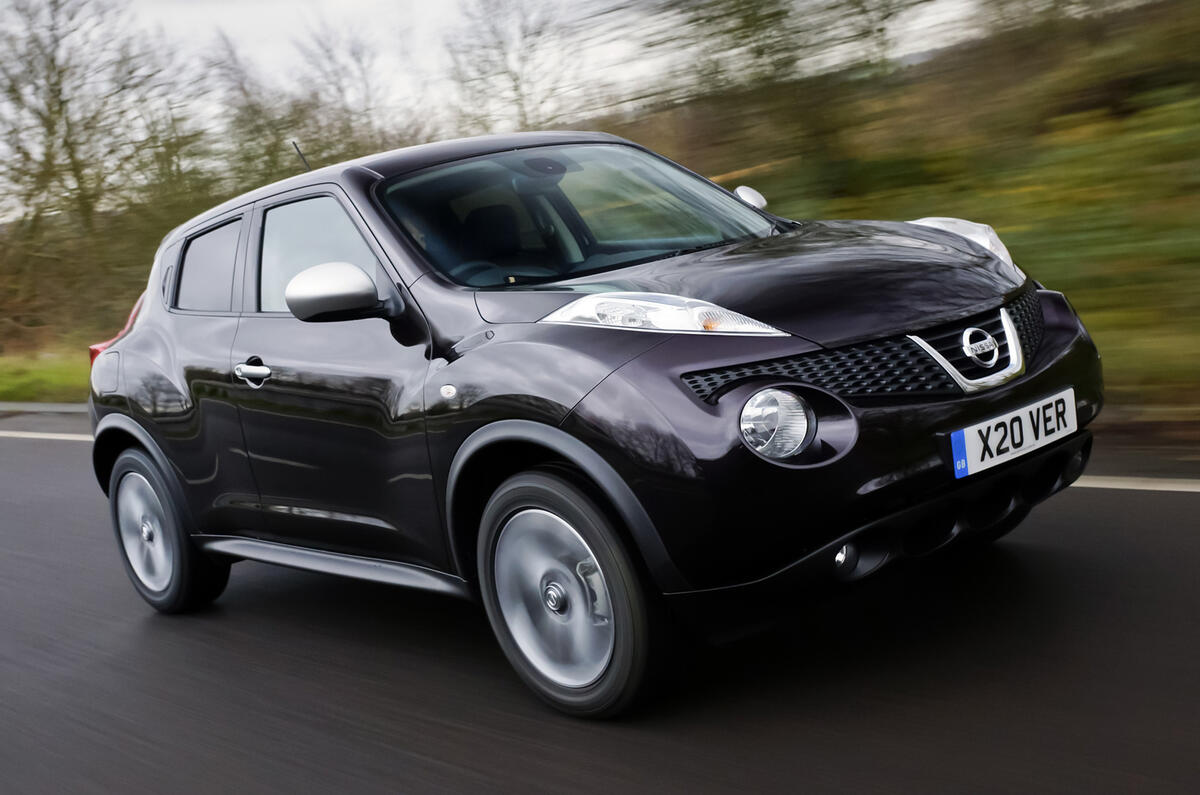Spent the day away from the office for humdrum reasons not unassociated with an empty oil tank and a leaky roof. It's a long time since I've done such a thing so it was practically a new experience. Like you, probably, I'm usually busy: in the office, driving someone else's car, or interviewing an interesting person about car stuff.
When on a weekday you don't do any of these things, you suddenly notice how different our roads are than what you're used to at weekends or during rush hours. Monday to Friday they become the domain of the Older Driver. These people drive differently, and if you hope to mix it with them regularly, you'd better adapt.
I first noticed the phenomenon when an older woman in a late-plate VW Volkswagen Polo pulled in front of me from a side-street in a manoeuvre that for most drivers would have been both inept and rude - though it was neither. I realised the lady was so immobile behind the wheel that she hadn't been able to turn her head to check the road was clear, so she took a chance that I wouldn't be there. Or would avoid her if I was.
The bigger point is that I simply hadn't realised how many older motorists are active on the roads. I started looking out deliberately for young faces and found only a handful, mostly young mothers, I'm guessing.
After 10am every weekday Grey Power rules the road, and most of this thriving community drive cars of high value, bought in dealerships. It's no myth that retired people (who control 70 per cent of the nation's personal wealth) keep car companies and dealers going. These are the customers who include a well cared-for swapper for every deal, and pay full price (or close) because they think its rude to haggle. Luckily they can afford it. Just as they can new kitchens and flash holidays.
Bottom line? Today's observations left me with a new, lower opinion of those who control the marketing and advertising of new cars. Paid a king's ransom for their efforts, it seems to me these people strain to entice the most impecunious consumers to products stuffed full with individualism, youthfulness, adventure and freedom - knowing they won't be able to afford them.
Instead, these products are carried to success by older people: the (very successful) Nissan Juke is a prime example, though only one of many. It strikes me as increasingly weird to me to aim your products at people who can't afford them, while ignoring, even marginalising, those who can. Or am I missing something?




Join the debate
Add your comment
Cars for the aged.
It's simple - older people like buying youthfull products
That said it does annoy me how car advertising majors on style and image at the expense of providing us with any useful facts and figures.